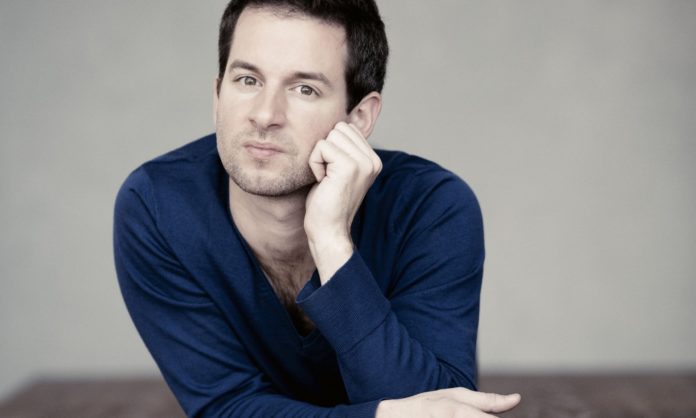Nearly all of Liszt’s piano music is regulation 19th-century repertory nowadays, but complete performances of the most demanding of all his keyboard works, the Transcendental Studies, are still quite rare events – feats of endurance as much for the audience, perhaps, as for the pianist. At Wigmore Hall, the whole set of 12 studies formed the second half of an all-Liszt programme from Bertrand Chamayou. He’s perhaps less well known in Britain than elsewhere in Europe, where his performances of Schubert, Chopin, Mendelssohn and Ravel especially are widely admired. On this evidence, he’s a formidable Lisztian, too.
These were boldly presented performances of the studies, which certainly never made the virtuosity they demand an end in itself. The sound was rich and sonorous – in a piece such as Feux Follets, a bit more tonal delicacy might have been appropriate – and the climaxes often epic, though there was always the feeling that Chamayou was more convincing in reflective numbers such as Paysage and Ricordanza than in the grandstanding of Eroica and Wilde Jagd.
Before the studies Chamayou had warmed up with a selection of transcriptions, all of pieces by composers Liszt knew and admired at points during his long life. There was his take on Chopin’s Six Polish Songs, composed after Chopin’s death in 1849, which decorates the melodies with ornate figuration, and his similar treatment of Schumann’s songs, Frühlingsnacht from the Op 39 Liederkreis and Widmung from Myrthen, in which the rapturous simplicity of the melodic lines is totally smothered. There were two of the Wagner transcriptions as well – the grail scene from Parsifal and the Liebestod from Tristan – which end up more Liszt than Wagner, though Chamayou certainly made them dramatically, as well as musically, convincing.
























